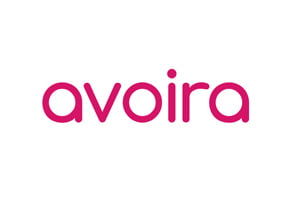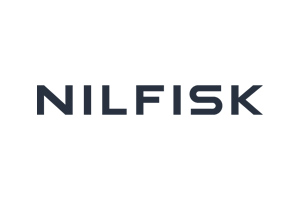CleanQ
An AI-Built Brand, Website, and Local SEO Engine Delivered in Days
Read Full StoryAt EXPRE, we help you safely test and scale your marketing efforts with AI. Discover how AI-Enabled Websites, AI SEO and Agentic Workflows can help you grow your business.
We have had the pleasure of helping shape and create digital brands for some truly amazing organisations.


















Whatever your line of business, the rapid onset of AI is something you cannot ignore. Focus on scaling your business and delivering an exceptional customer experience - technology stress not included.
Traditional websites often fail to keep pace with changing customer demands.
Manual updates, content creation, and backend management can drain your resources.
Without smarter insights, it's easy to waste time and money guessing at search tactics.
A "normal" website can’t keep up with current digital demands.
See how AI building blocks—prompting, RAG, and agentic workflows—let you build applications, ideate content, optimise campaigns, create prototypes, and iterate rapidly.

Stop juggling endless updates and guesswork. Our AI-powered approach handles the heavy lifting—whether you’re on WordPress, Magento, or beyond—so you can focus on driving sales, wowing customers, and growing with confidence.
Let's discuss how our AI-powered solutions can accelerate your business growth.
"EXPRE's AI integration has revolutionised our content strategy. We're producing 5x more content with better quality than ever before."
Sarah L., Content Director"The automated SEO optimisation has taken us from page 3 to page 1 for our key terms. The results speak for themselves."
Tom K., SEO Manager"We've reduced our website maintenance time by 80% while improving performance. It's been a game-changer for our team."
Lisa M., Operations ManagerDesigning a high-performing website doesn’t have to be hard. Our AI-driven tech handles routine tasks, supercharges your productivity, and keeps you laser-focused on real growth.
Automate your data workflows, from e-commerce to CRM integration—powered by AI.
Learn MoreFrom architecture to front-end experiences, we'll engineer AI-driven efficiency.
Learn MoreStreamline operations with custom AI integrations that automate your business processes.
Learn MoreTransform raw data into actionable insights with AI-powered analytics and predictive modeling.
Learn MoreProtect your digital assets with intelligent threat detection and automated security responses.
Learn MoreOur proven 3-step plan to transform your digital outcomes with AI
We start by pinpointing your biggest opportunities. Then we create a custom AI roadmap so your site seamlessly aligns with your growth strategy.
We’ll build your AI-driven workflows, integrate them with your current systems, and fine-tune every piece—so your new website practically runs itself.
Go live with confidence. Our real-time monitoring ensures continuous performance, automatic content updates, and worry-free maintenance.
We leverage world-class platforms—WordPress, Drupal, Shopify, Magento, and more—to blend AI seamlessly into your existing setup, ensuring you’re always a step ahead.
Automate updates so your team can focus on high-impact projects.
Optimised for LLM visibility and featured in Google AI Overviews where it matters most.
Generate fresh, brand-aligned content in minutes.
Automated monitoring keeps an eye on potential issues 24/7.
AI-powered infrastructure that grows with your business, handling increased traffic and content demands effortlessly.
Deliver tailored content to each visitor using AI-driven personalisation that boosts engagement and conversions.
Experience the future of website maintenance with our AI-powered support system that never sleeps
Proactive intelligent systems continuously monitor your website's health, performance, and security
Automatic speed optimisation and resource management for lightning-fast load times
Automated testing and deployment of updates without breaking your site
Join hundreds of businesses that trust our human-first, AI-powered support to keep their websites running fast and perfectly secure.
Staying competitive in a digital world shouldn't be overwhelming. Let EXPRE build you a website that thinks, learns, and grows alongside your business.
Let's discover how AI-Enabled Websites from EXPRE can future-proof your online strategy and drive measurable results—so you can focus on what you do best.